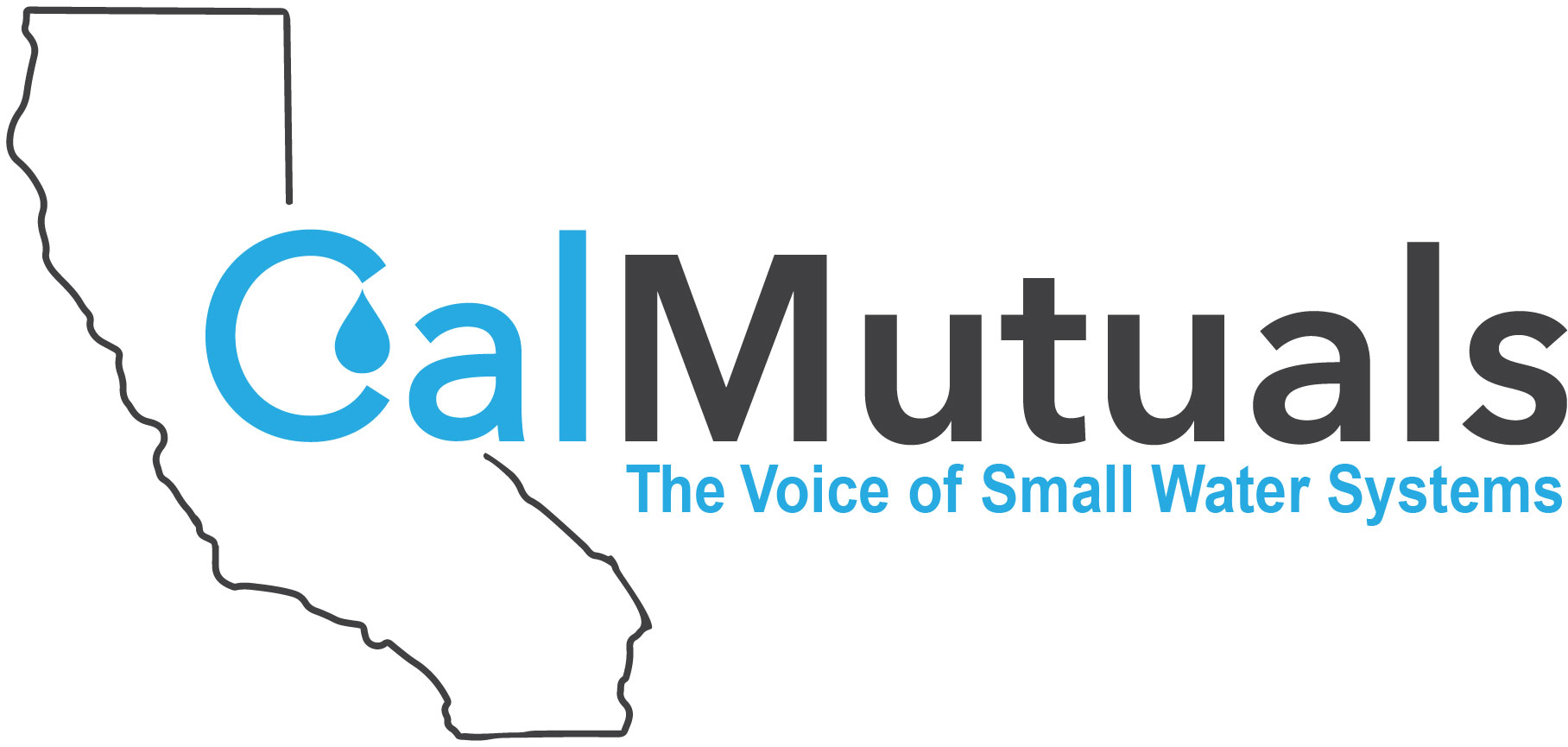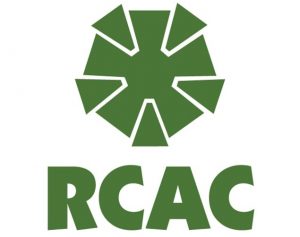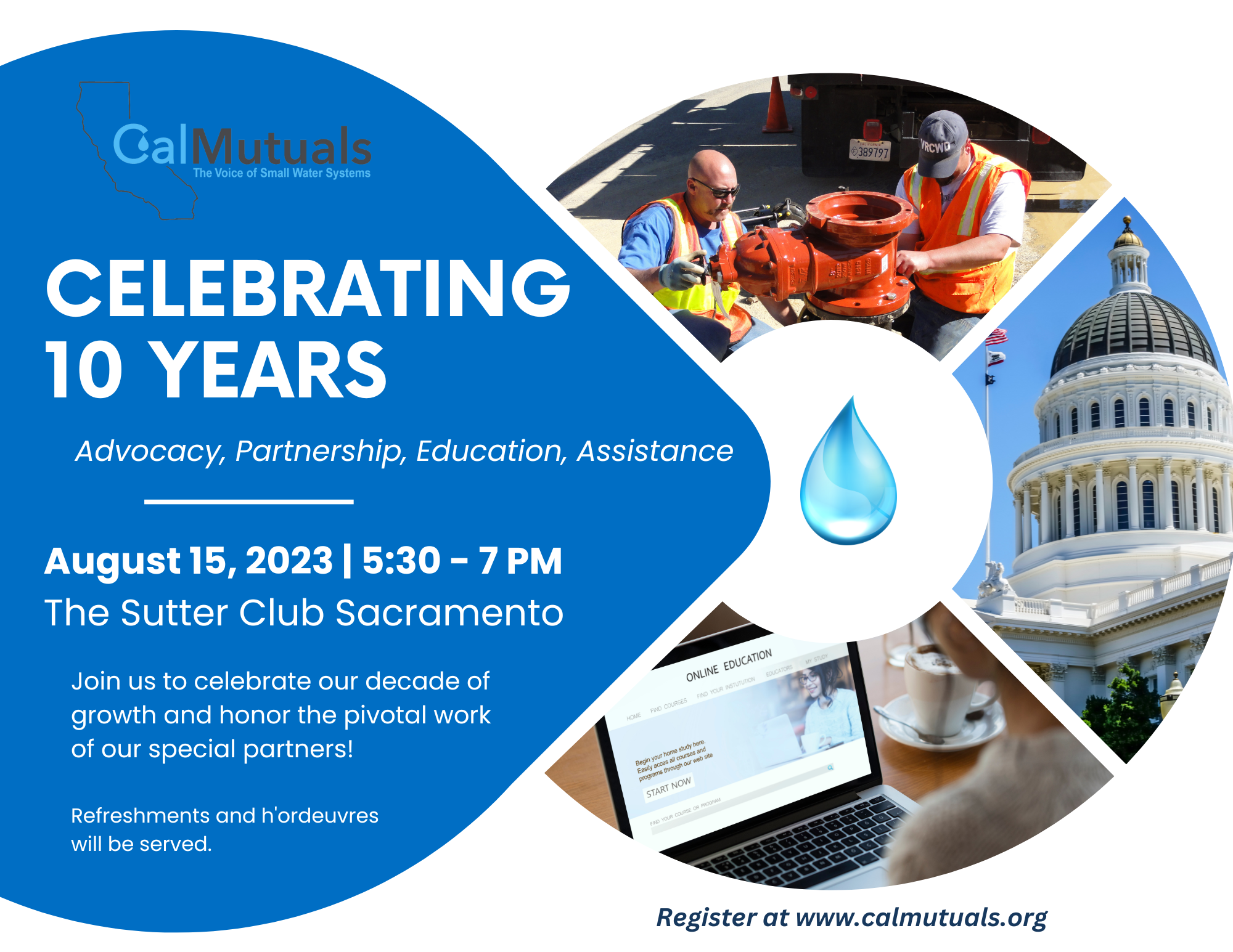RCAC: Chromium in Drinking Water: Return of the Chromium-6 MCL
Webinar OnlyAccreditation: 2 California Drinking Water Contact Hours awarded Description: Chromium in drinking water has been regulated since 1977, but hexavalent chromium, more commonly known as chromium-6, has had a turbulent regulatory history. In 2014 chromium-6, due to its increased carcinogenicity, had its own maximum contaminant level (MCL) established in California. In 2017, that MCL was invalidated. Now a new MCL has been proposed. Chromium-6 occurs naturally in Californian rock formations and is an industrial contaminant. In 2017, it was found in almost 4,000 wells. This workshop will help systems prepare for the new MCL and make informed decisions on treatment techniques. Participants will learn: Basic information regarding chromium and its ionic forms The adverse health effects caused by chromium-6 exposure The regulatory history of chromium What to expect from regulations in the future Treatment techniques Practical considerations when choosing treatment techniques The recommended audience includes operators, managers and board members that have an interest in providing chromium-safe water to their customers.



